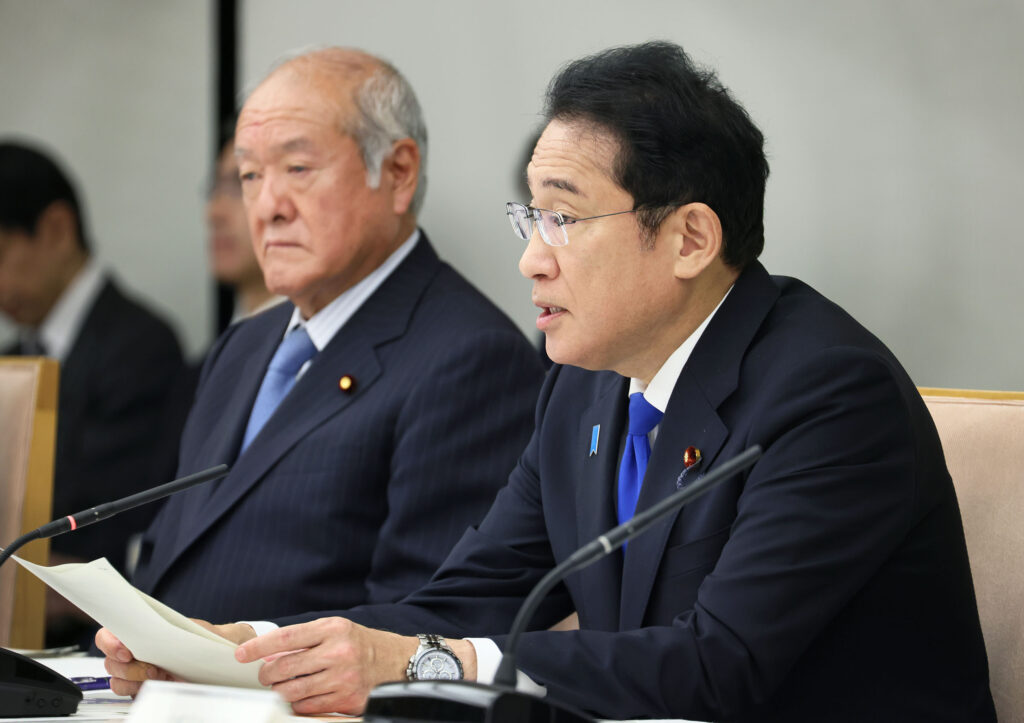Japan’s cabinet has approved a bill extending the investment scope for venture capital firms and investment funds to include crypto assets, pending parliamentary approval.
This move is anticipated to invigorate investments in Web3 startups, fortifying Japan’s blockchain technology and decentralised finance sectors.
As per the translated press release, the bill, named the Industrial Competitiveness Enhancement Act, broadens the horizons for venture capital.
Having gained the nod from Japan’s cabinet, it now awaits scrutiny from the parliament.
The Industrial Competitiveness Enhancement Act seeks to spur economic advancement by fostering the establishment of new enterprises and encouraging investments in industries propelling Japan’s economy.
By empowering medium-sized enterprises and startups, Japan aims to bolster innovation within the nation.
Japan’s stance on crypto regulation manifests in its endeavours to establish a legal framework for stablecoins and digital assets, aiming to foster innovation while prioritising user safeguarding.
The Ministry of Economy, Trade, and Industry stated, “Measures will be taken to add crypto assets to the list of assets that can be acquired and held by investment limited partnerships.”
“The purpose of the Independent Administrative Institution Industrial Property Information and Training Center will be revised to include advice and assistance regarding the protection and use of industrial property rights for small and medium-sized enterprises and research institutions.”
In the wake of the Coincheck hack in 2018 and the FTX collapse in 2022, Japan’s digital asset regulations have undergone significant transformation, according to Finance Magnates.
The adoption of stablecoin regulations in Japan marks a stride towards regulatory transparency.
By enacting dedicated laws, Japan has positioned itself as a global frontrunner in stablecoin governance, offering lucid regulations unlike the United States and the European Union.
Nevertheless, Japan’s stablecoin regulations present challenges for issuers, particularly in navigating profitability amidst low-interest rates.
For instance, the stipulation to maintain 100% of assets within Japan’s trust accounts poses obstacles for yen-based stablecoins.
Recently, Mitsubishi UFJ Financial Group, Japan’s leading banking conglomerate, engaged in discussions with stablecoin issuers to utilise its blockchain platform.
Under Japan’s stablecoin law, enforced on June 1, licensed financial institutions and registered money transfer agencies are authorised to issue stablecoins.
However, the law mandates full backing of such tokens with fiat currencies to ensure stability and safeguard investors.
